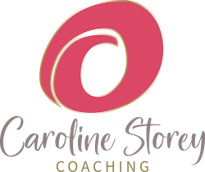One simple question has made an enormous difference to my life, my relationships, my choices - and a lot of conversations with my husband: “Can I talk at you for a bit?”
I know now that when I’m stuck or need to work through something, I do my best thinking and feeling when the words come out of my head.
Often, I really don’t know how I feel about something until I say it out loud, and it can take me by surprise.
I’m so glad that I know this now, because it’s not a neat process.
It can take some time and lots of verbal circles - creating a messy first draft and then revising in real time. I need to follow the thread without worrying about it making sense.
And for that, I need a patient witness to listen and let me talk it out. To be OK with me talking AT them for a bit, rather than WITH them.






